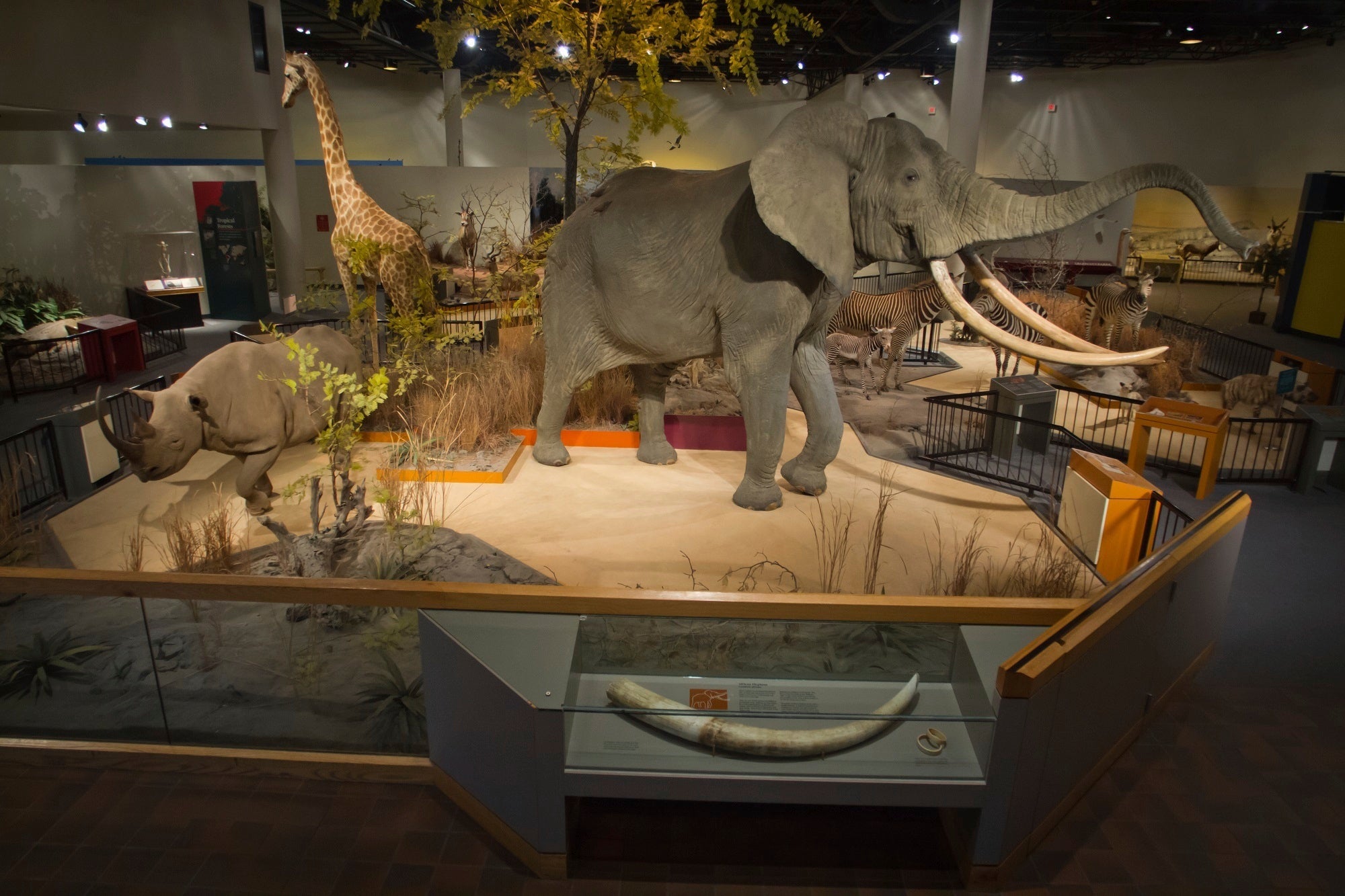Natural history museum closes because of chemicals in taxidermy collection
A South Dakota museum is closing after almost 40 years over concerns that the chemicals in its taxidermy collection could endanger visitors and staff

A South Dakota museum has closed after almost 40 years over concerns that the chemicals in its taxidermy collection could endanger visitors and staff, the affiliated zoo announced Thursday.
The Great Plains Zoo said Thursday that it is has closed the Delbridge Museum of Natural History in Sioux Falls. The zoo's CEO Becky Dewitz said strong chemicals were used in the taxidermy process and that tests found detectable levels of those chemicals in the museum, KELO-TV reported. It wasn't an easy decision to close the museum but it's the right one, she said.
“The specimens were harvested in the 1940s through the 1970s. Prior to the 1980s, it was common to use strong chemicals in the taxidermy process all over the world for preservation of the hides,” the zoo said in a statement on its website.
The museum's collection of animals on display was one of the largest in the region. Sioux Falls businessman Henry Brockhouse assembled the collection that includes animals from six continents over several decades. Photos of the collection show an elephant, giraffe, rhinoceros, zebras and other animals.
Sioux Falls attorney C.J. Delbridge bought the collection in 1981 and donated it to the city to establish the Delbridge Musuem of Natural History in 1984.
“As the specimens continue to age, there is more potential for chemical exposure,” it added. “Out of an abundance of caution,” the city and zoo decided to decommission the collection. Dewitz said this process will take a long time because a number of the animals are now endangered and protected under federal law.
The zoo and city will work with the U.S. Fish and Wildlife Service to safely dispose of the taxidermy mounts, a process that is expected to take several months.
Bookmark popover
Removed from bookmarks